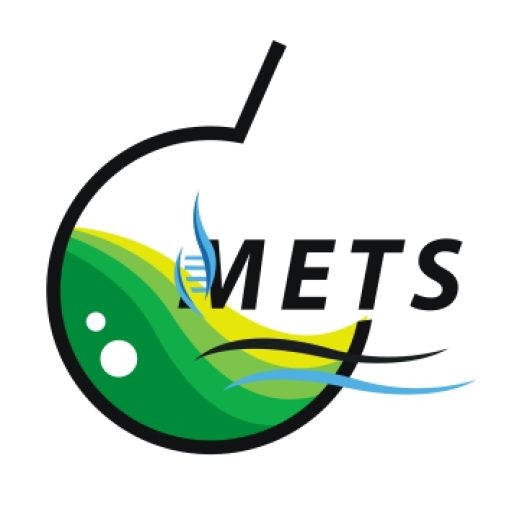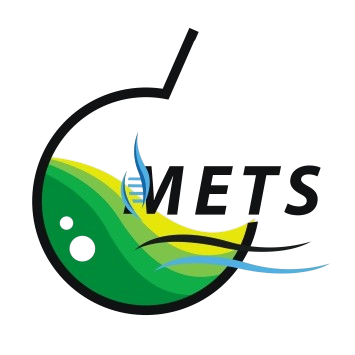
Irrigation Water Testing – METS Laboratories
Ensuring safe and sustainable agricultural practices begins with water—the lifeline of farming. At METS Laboratories, we specialize in comprehensive Irrigation Water Testing to evaluate water quality used in agriculture and horticulture. Our testing protocols help farmers, agribusinesses, and landscape managers optimize crop productivity while minimizing health and environmental risks.
Why Irrigation Water Testing Is Important?
Poor-quality irrigation water can damage soil health, hinder plant growth, and reduce yields. It may also introduce harmful contaminants like heavy metals, pathogens, and excessive salts into the food chain. Testing helps:
• Ensure safe and efficient crop production
• Protect soil structure and fertility
• Comply with national and international agricultural standards
• Prevent buildup of toxic elements in produce
• Safeguard public health and ecosystems
What We Test?
We offer detailed analysis across various parameters and methods.
Physical: pH, EC (Electrical Conductivity), TDS (Total Dissolved Solids), Odor, Turbidity.
Chemical: Nitrates, Nitrites, Sulfates, Chlorides, Hardness, Bicarbonates, Carbonates.
Biological: Coliforms (Total &Fecal), E. coli.
Heavy Metals: Lead (Pb), Arsenic (As), Cadmium (Cd), Chromium (Cr), Zinc (Zn), etc.
Residual Pesticides (on demand).
Sodium Adsorption Ratio (SAR) & RSC (Residual Sodium Carbonate).
• IS:10500 / APHA / AOAC / USEPA protocols.
• Spectrophotometry, AAS, ICP-OES, Ion Chromatography, Titrimetric.
Canal water, well water, borewell, river/lake water, recycled water, treated wastewater.
What METS Laboratories Offers?
- ISO/IEC 17025:2017 Accredited Testing Services
- Advanced Instrumentation & Qualified Analysts
- Quick Turnaround Time with Reliable Reporting
- Sampling Support and Guidance
- Compliance Testing for Agri-Export & Organic Certification
- Custom Packages for Horticulture, Greenhouses & Hydroponics
- Expert Consultation for Result Interpretation
What We Ensure?
Who It’s For?
Protect Consumers. Satisfy Authorities. Boost Market Confidence.
Through regular water testing:
- Avoid contamination of produce and soil.
- Satisfy food safety regulations (FSSAI, EU, Codex, USDA Organic, etc.)
- Gain buyer trust in domestic and international markets.
- Demonstrate proactive risk management to regulatory bodies.
- Promote responsible water stewardship.
Frequently Asked Questions
How often should irrigation water be tested?
Ideally, at the beginning of every cropping season or at least twice a year, especially during dry and rainy seasons.
Can you test treated wastewater for irrigation reuse?
Yes, we test treated and recycled water to ensure it meets agricultural reuse standards.
What is the sample size and how should I collect it?
Generally, 1–2 liters in clean plastic containers. Avoid contamination. Sampling guidance is provided upon request.
How long does testing take?
Standard testing turnaround is 5–7 working days. Express service available.
Are your results valid for export documentation?
Yes, we are ISO/ IEC 17025: 2017 accredited and results are accepted for export, certification, and compliance reporting.
Can METS help interpret complex results?
Absolutely. Our experts provide insights and recommendations based on findings.
-
 Chiller Water Testing
Chiller Water Testing
-
 Dialysis Water Testing
Dialysis Water Testing
-
 Drinking Water Testing
Drinking Water Testing
-
 Waste Processed Water Testing
Waste Processed Water Testing
-
 Construction Water Testing
Construction Water Testing
-
 Distilled Demineralized Water Testing
Distilled Demineralized Water Testing
-
 Ground Water Testing
Ground Water Testing
-
 Industrial Water Testing
Industrial Water Testing
-
 Packaged Drinking Water Testing
Packaged Drinking Water Testing
-
 Packaged Natural Mineral Water Testing
Packaged Natural Mineral Water Testing
-
 Surface Water Testing
Surface Water Testing
-
 Treated Water Testing
Treated Water Testing
-
 Water For Construction Purpose Testing
Water For Construction Purpose Testing
-
 Water For Industrial Purpose Testing
Water For Industrial Purpose Testing
-
 Water For Medicinal Purposes Testing
Water For Medicinal Purposes Testing
-
 Water For Processed Food Industry Testing
Water For Processed Food Industry Testing
-
 Water For Swimming Pool And Spas Testing
Water For Swimming Pool And Spas Testing
-
 Water Testing
Water Testing





